Two expected events are unfolding side by side: the planned recognitions of the State of Palestine by influential Western countries, and the possibility of Israel responding by annexing the West Bank or large parts of it, effectively ending the two-state solution idea.
France and Saudi Arabia are chairing the Two-State Solution conference in New York on September 22, on the sidelines of the UN General Assembly. It is expected that ten countries, including France, the UK, Belgium, Malta, Portugal, Canada, and Australia, will recognize the State of Palestine during the conference.
The United States, which strongly opposes these recognitions and considers them a reward to Hamas, has imposed sanctions on the Palestinian Authority, alleging violations of agreements signed with Israel, including that the Palestinian state should be established through negotiations and not by unilateral declaration.
Pro-Palestinian demonstrators in front of the United Nations headquarters in New York.
Accordingly, U.S. Secretary of State Marco Rubio refused to grant entry visas to 81 Palestinian figures, including President Mahmoud Abbas, thus preventing him from participating in the Two-State Solution conference and delivering a speech at the General Assembly on September 25 as planned.
French President Emmanuel Macron, whose country co-sponsors the conference, considered the U.S. decision to deny visas to Palestinian officials “unacceptable” and called for it to be reversed. He urged “ensuring Palestinian representation in accordance with the host country agreement.”
This situation recalls a precedent in 1988 when the U.S. refused to grant a visa to the late Palestinian leader Yasser Arafat to address the General Assembly, prompting member states to move the regular session to the UN’s European headquarters in Geneva, where Arafat was able to deliver his speech.
Will this precedent be repeated to enable Abbas to attend the Two-State Solution conference and speak before the General Assembly?
As the recognitions of the State of Palestine proceed, attention turns to Israel’s reaction to such a move, which carries significant symbolic weight for Palestinians. Israeli Prime Minister Benjamin Netanyahu instructed his ministers not to publicly discuss annexing the West Bank, fearing that U.S. President Donald Trump might withdraw support for such a decision that would undermine the two-state solution concept.
According to the Israeli newspaper “Maariv,” Netanyahu is expected to hold a “security-political meeting to discuss imposing Israeli sovereignty over the West Bank and taking steps against the Palestinian Authority” and against countries that recognize Palestine.
Notably, the Trump administration did not object to the Israeli government’s decision to build 3,400 settlement units in the “E1” area, which separates East Jerusalem from the West Bank. Israel had postponed this project for more than two decades due to Washington’s reservations, as it would prevent the establishment of a viable Palestinian state.
The West Bank will not be the only arena for Israel’s response. Israel has begun summoning 60,000 reserve soldiers in preparation for occupying Gaza City in a battle expected to last several months. These summons come despite unrest among reservists. The American newspaper “Wall Street Journal” reported that some reservists stopped serving due to reasons including unethical behavior against Palestinians, while others said they reached a breaking point because “Hamas cannot be eliminated due to its guerrilla warfare tactics.”



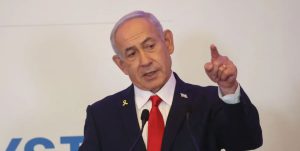




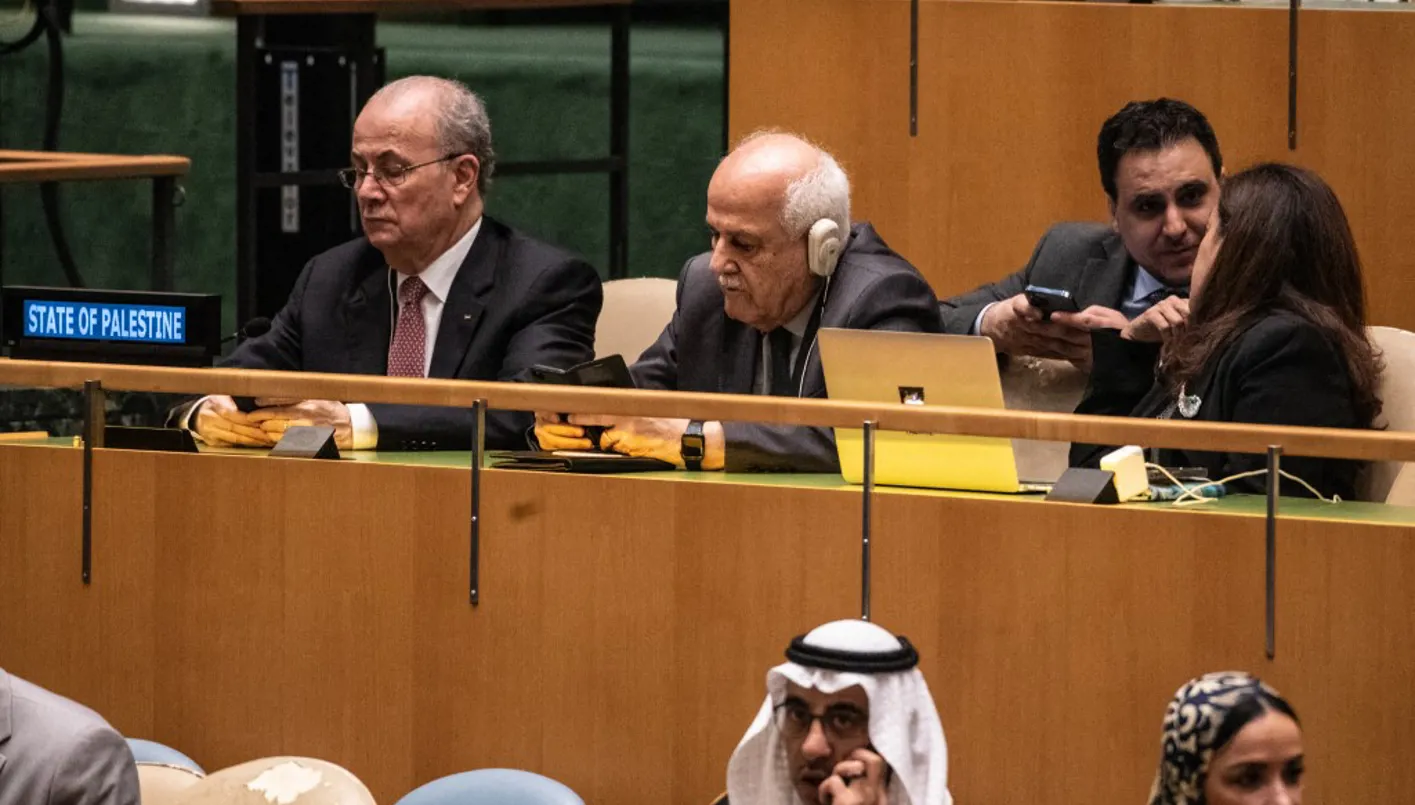


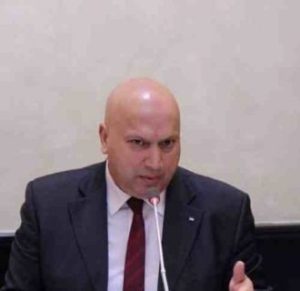
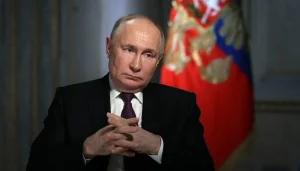
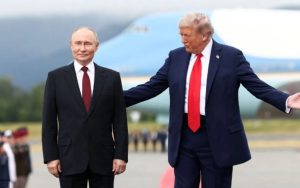
Recommended for you
Exhibition City Completes About 80% of Preparations for the Damascus International Fair Launch
Unified Admission Applications Start Tuesday with 640 Students to be Accepted in Medicine
Talib Al-Rifai Chronicles Kuwaiti Art Heritage in "Doukhi.. Tasaseem Al-Saba"
Al-Jaghbeer: The Industrial Sector Leads Economic Growth
Ministry of Media Announces the 10th Edition of 'Media Oasis'
Afghan Energy and Water Minister to Al Jazeera: We Build Dams with Our Own Funds to Combat Drought